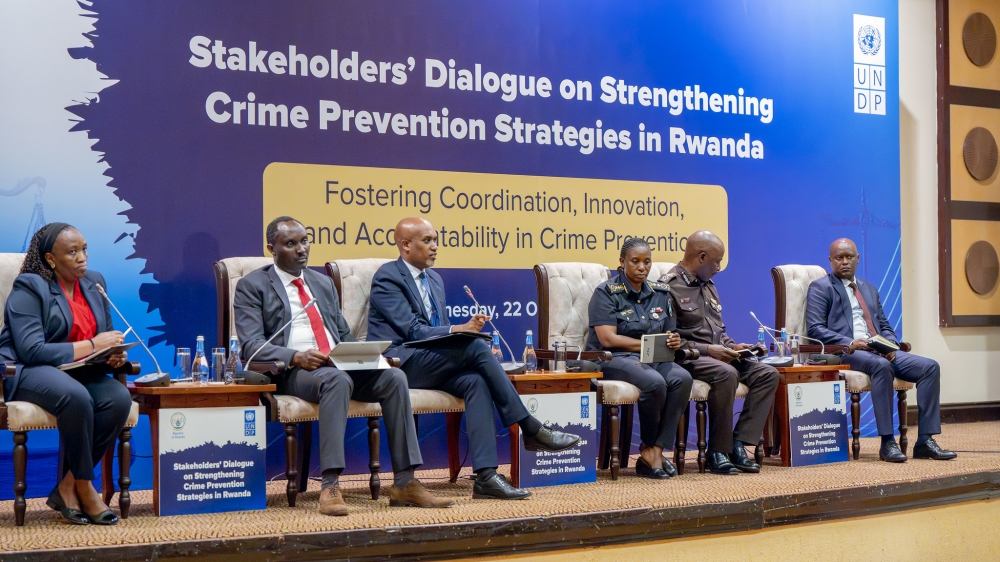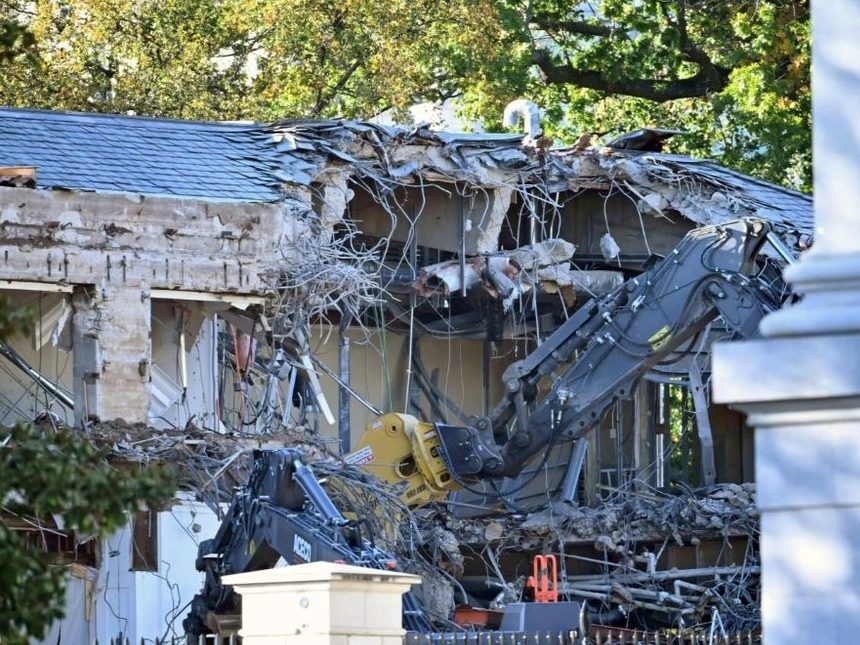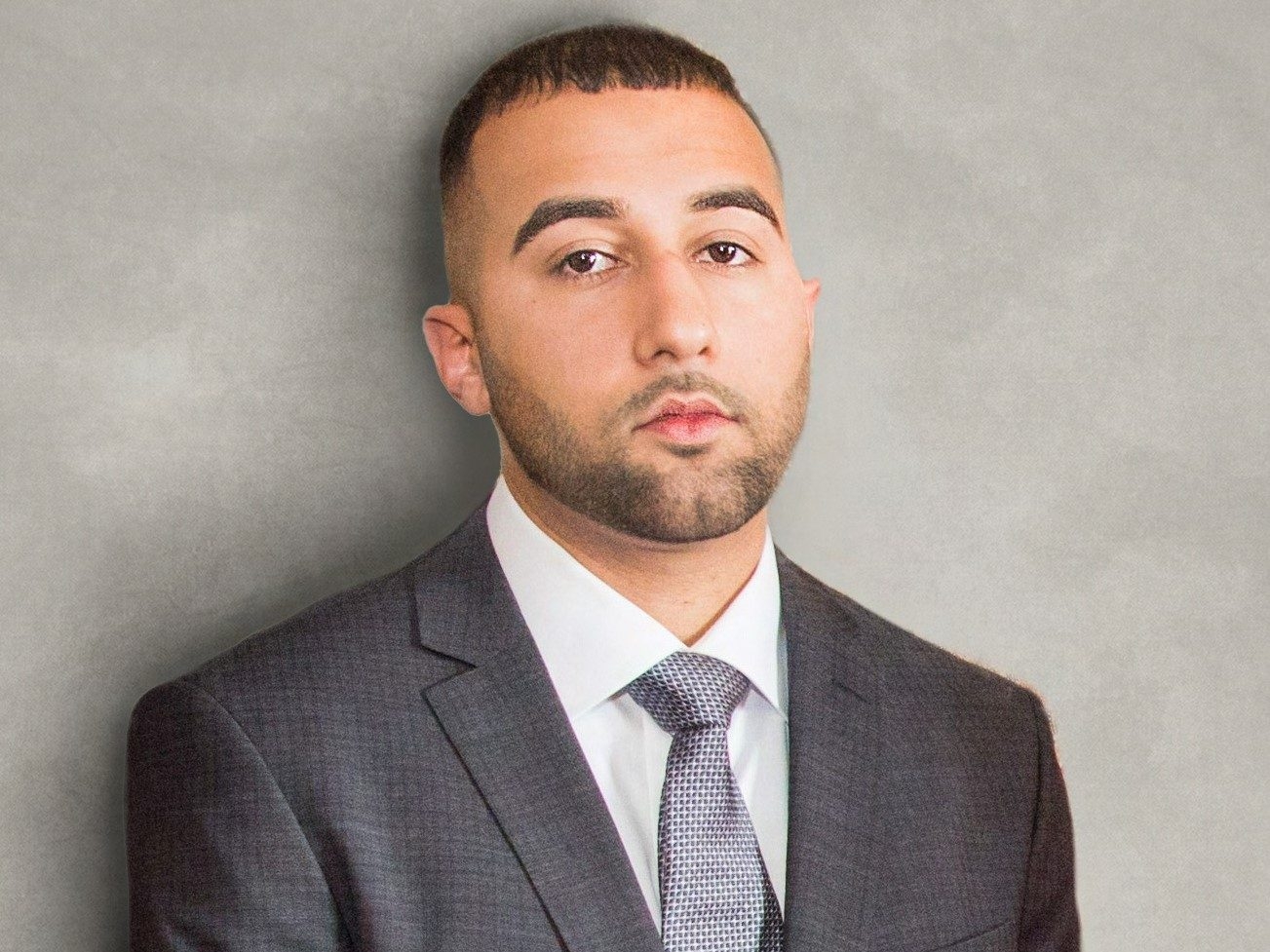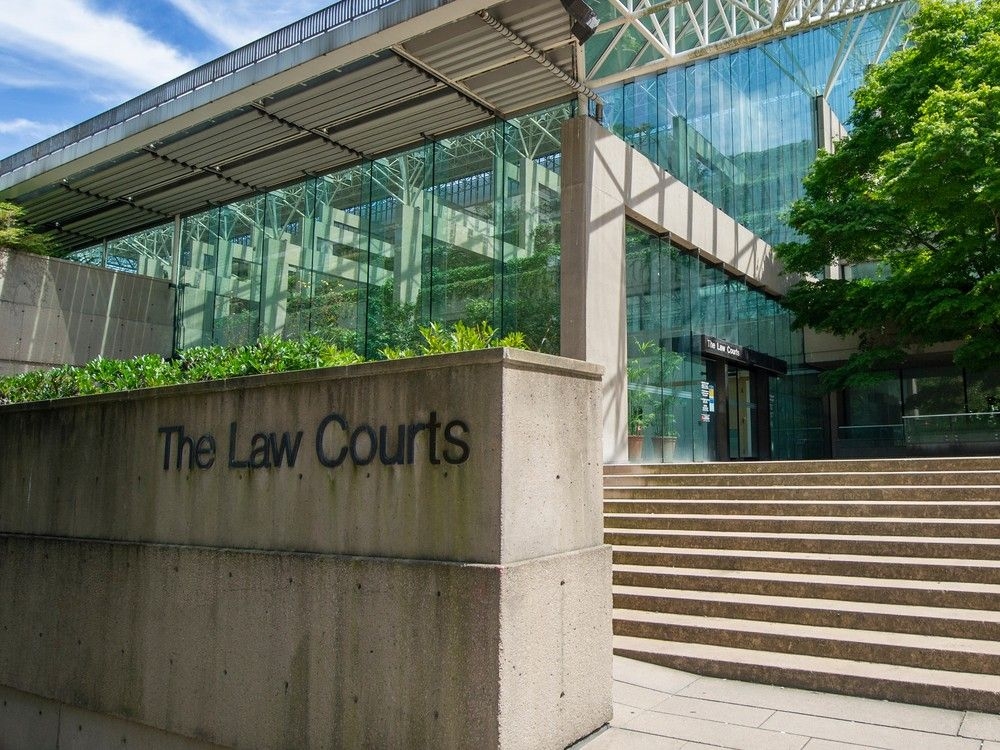The United Nations Development Programme (UNDP), in collaboration with the Ministry of Justice and other justice sector institutions, held a dialogue on October 22 in Kigali to explore strategies for strengthening crime prevention in Rwanda.
The discussions focused on fostering a coordinated approach to address both minor offenses, such as theft and assault, and more complex crimes, including cybercrime and trafficking.
Participants emphasised that effective crime prevention is key to sustaining Rwanda’s long-term development goals under Vision 2050 and the National Strategy for Transformation (NST2).
The meeting followed the 10th Justice, Reconciliation, Law, and Order Sector (JRLOS) Peer Review and Universal Periodic Review (UPR) Retreat held in October 2024.
Speaking at the event, the Minister of Justice and Attorney General, Emmanuel Ugirashebuja, said that ensuring justice and public security remains a central responsibility of the government.
He noted that the most commonly reported crimes in Rwanda include petty theft, assault, spousal harassment, fraud in land and property sales, and property damage.
He added that organised crimes such as cybercrime, corruption, and trafficking pose more serious challenges and demand careful attention.
Ugirashebuja said the ENACT Organised Crime Index shows the East African Community has the highest criminality rating in Africa, at 5.88 out of 10. He added that Rwanda ranks 53rd out of 54 African countries in criminality but is fifth on the continent for resilience against organised crime.
UNDP Resident Representative Fatmata Lovetta Sesay said rising crime is draining resources from schools and health services as more funds are redirected to security.
“Crime prevention protects livelihoods, promotes social stability, and creates an environment that attracts investment. Capital likes peace; money doesn’t like noise,” Sesay said.
She noted ongoing UNDP collaboration with Rwanda National Police (RNP) through community policing programmes, which have helped reduce petty crimes and build public trust.
“Partnerships with Rwanda Investigation Bureau have strengthened citizen engagement in reporting crime. This year, UNDP worked with Rwanda National Police to establish a smart police framework using technology to improve efficiency and community safety; however, technology can both aid and hinder prevention efforts,” Sesay explained.
Ozonnia Ojielo, UN Resident Coordinator, said Rwanda’s new cooperation framework is guided by NST2 priorities. He noted that the term “development partners” has been replaced with “cooperation partners” to show that the UN works alongside Rwanda in its own development.
Ojielo said that crime prevention is linked to development, noting that young people are both the main victims and the largest group of offenders.
He urged cooperation partners to align their support with national priorities and encouraged the private sector to move from corporate social responsibility to corporate social investment.
The dialogue focused on the draft National Crime Prevention Strategy (NCPS), which aims to strengthen law enforcement, address root causes of crime, promote community policing, boost institutional engagement, advance cybersecurity, reinforce regional cooperation, and rehabilitate offenders to prevent repeat offenses.
During the panel discussion, Ugirashebuja explained the Ministry of Justice’s role in coordinating justice, reconciliation, law, and order, which includes crime prevention.
“The ministry manages resources according to policies and strategies that guide what needs to be done and how. This new strategy builds on existing frameworks, like the criminal justice and Alternative Dispute Resolution policies, and lays out a clear path for action,” he explained.
The minister noted that using data from the Integrated Security Management System, initiatives like the Green Gicumbi Project have engaged youth in border communities and curbed crime tied to cross-border activities
He added that the ministry is working with the Law Reform Commission and the Institute of Legal Practice and Development to update laws and address legislative gaps.
“We are moving away from punitive approaches and focusing more on rehabilitating offenders, guided by evidence and coordinated sector efforts.”
Ugirashebuja added that regular justice sector retreats provide a platform for stakeholders to assess progress, support strategies, and ensure effective implementation of crime prevention measures.
How institutions are preventing crime
During discussions, it was noted that Rwanda National Police is taking a proactive approach to policing by improving street lighting, progressing public infrastructure, and involving youth in sports and cultural activities.
According to police, technology like CCTV networks, drones, and data analytics helps track crime hotspots and guide resources, while close coordination with communities and justice institutions ensures timely information sharing.
Officials at Rwanda Investigation Bureau said they are supporting prevention through intelligence analysis, investigations, and modern technology, working with communities, banks, telecom companies, and other stakeholders to prevent crimes before they occur, particularly cyber and financial offenses.
The National Public Prosecution Authority noted it is speeding up case processing using digital case management, specialised units, and performance monitoring.
Restorative justice and rehabilitation programmes aim to reduce repeat offending and strengthen public trust, with coordination across law enforcement, local governments, and international partners.
Rwanda Correctional Services focuses on rehabilitation and reintegration, providing inmates with vocational training, literacy programmes, conflict resolution, and restorative justice initiatives.
Staff, families, communities, and partners, including UN agencies, work together to support successful reintegration and reduce the risk of reoffending.






